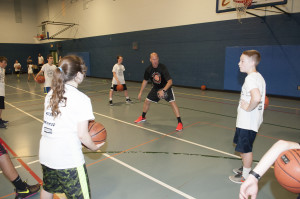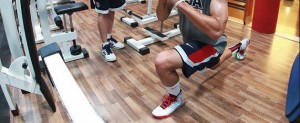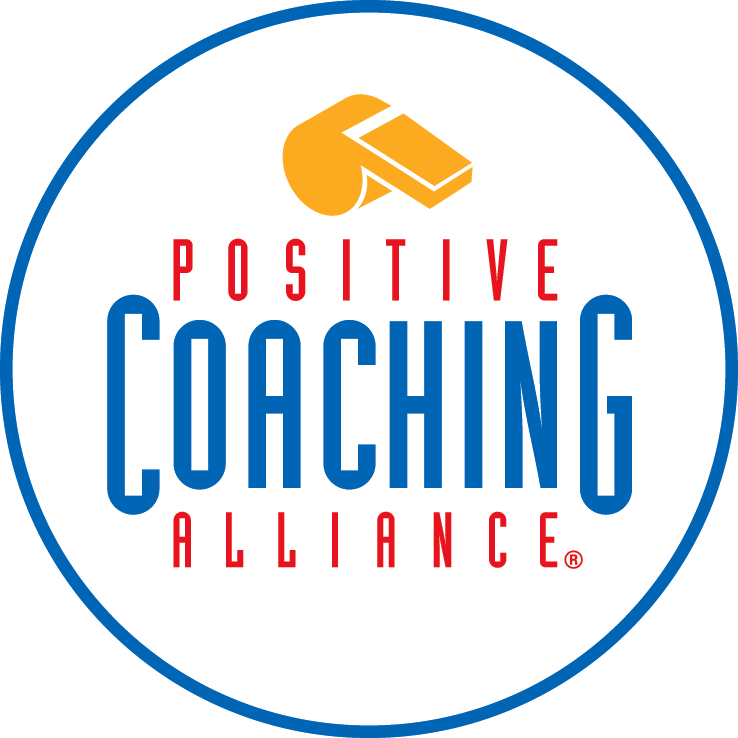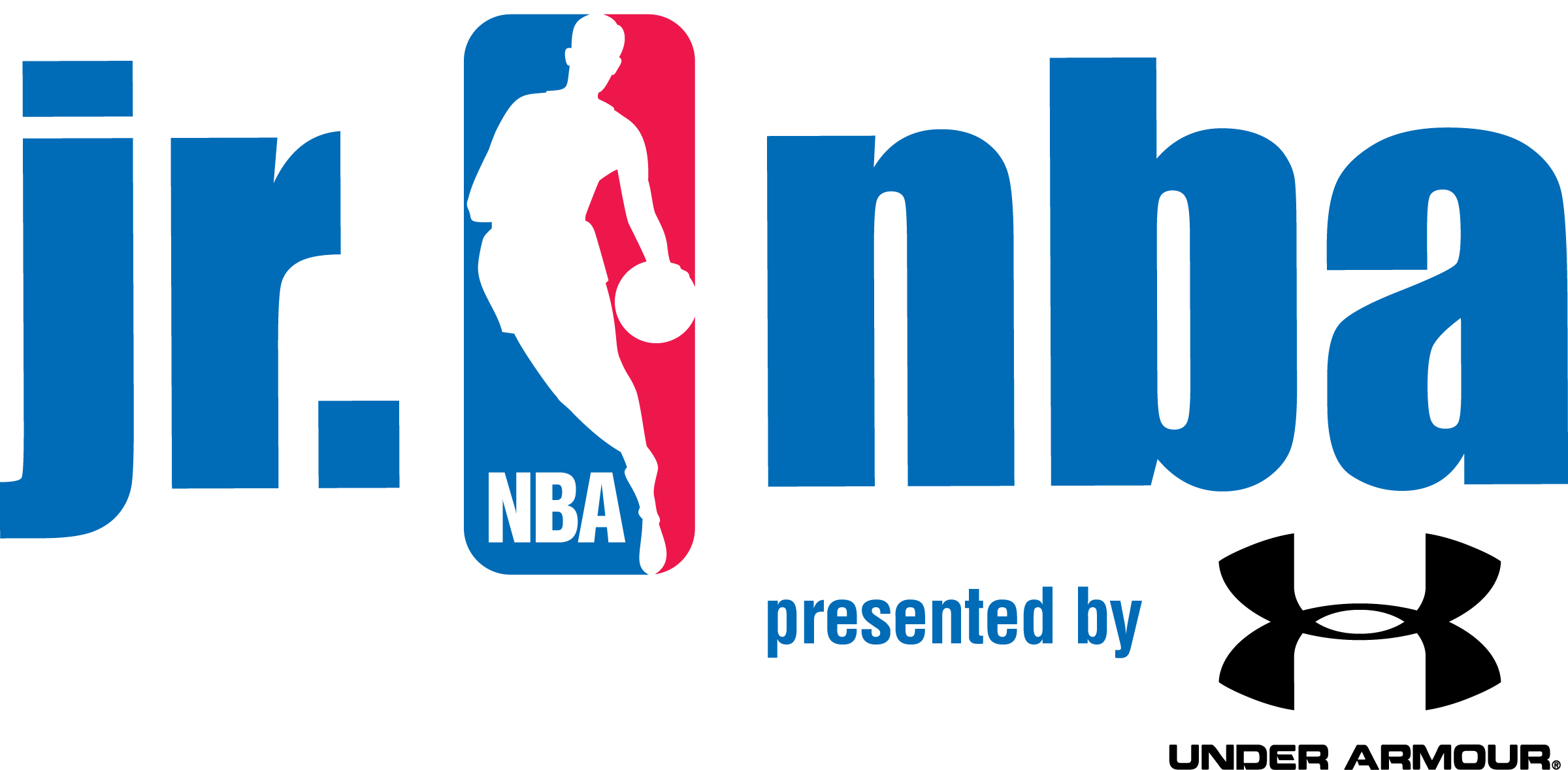
Basketball on the Edge – Elite: The Most Overused Word In Basketball by Ganon Baker

Stop selling “Elite” and start selling “Development”. That’s a quote from Matt King of USA Basketball and CCC Stars. In this article Ganon Baker shares his advice on what it takes if you truly want to be ELITE in basketball or any of your endeavors.
Click here to read the article by Ganon Baker
Click here to register for one of our upcoming programs!
Sign up now to get a “Head Start” on your competition with our free basketball tip of the day delivered straight to your inbox. Click below, enter your email and we’ll also send you our E-Book, “Mental Toughness, Improve Your Brain – Improve Your Game”.
Basketball on the Edge – Can You Get 1% Better Every Day? – Vintage Edition

How can my son or daughter get better and make the team next year? How can they go from being a bench player to a starter? How can they go from being a starter to being the best player on their team? These are questions I hear from parents all the time. There is no one magic bullet that will suddenly transform your young child into a superstar with multiple college scholarship offers in hand, but I have recently come across a concept that is so simple in its approach that any player can do it and get better.
What is this concept? It is called Kaizen. (If you want to read the history of where the term came from you can read about it here – https://en.wikipedia.org/wiki/Kaizen) In very simple terms Kaizen means “continuous improvement”, but what does that mean from a basketball perspective and how can your child apply it to become a better basketball player?
Sustaining an effort is the most important thing for any enterprise. The way to be successful is to learn how to do things right, and then do them the same way every time. Over the length of a season, a correlation always appears between great effort and great overall numbers. It may not show from one game to the next, but in the long run superior effort is reflected in the win column. – Pat Riley
Get 1% better every day! Sometimes the road ahead of a young player can look very daunting. Other players are much more skilled, or stronger, or faster. How can a young player “jump” a level and really improve? Help your child make continuous 1% daily improvement their goal.
“When you improve a little each day, eventually big things occur. Not tomorrow, not the next day, but eventually a big gain is made. Don’t look for the big, quick improvement. Seek the small improvement one day at a time. That’s the only way it happens — and when it happens, it lasts.” —John Wooden
How do you help your young player implement the concept of Kaizen into their basketball training? Have your child ask them self this question every single day: What’s one small thing I can do today that would make me a better basketball player?
What does that look like on a daily basis? Pick a reasonable amount of time for your young player’s age. (Start small, 10 minutes a day. After a while they can add time depending on their age, motivation, and desire to improve.) Then, simply practice a particular skill for that set amount of time each day. Let’s say your child wants to be a better ball handler this coming season. If they spend 10 minutes handling the ball EVERY day for the next 10 weeks until their official practices start they will be better. They key to Kaizen is the daily continuous effort that yields small 1% gains.
The Kaizen approach to improving your game completely breaks down the big, overwhelming goals into small daily increments. Getting 1 % better encourages action. The small successes a young player experiences compound on each other and start building momentum, which leads to taking bigger and bigger actions, (like adding minutes to their daily practice time).
In addition, one of the key components of Kaizen is that there is no magic bullet that will suddenly make them a great player. Change comes through small, continuous improvement. Instead of wasting time searching for the miracle that will change everything, Kaizen helps a young player direct their attention to their daily workout and reminds them: “You already know what you need to do. Get to work and find small ways to improve along the way.” This is a great message for your young player to hear and internalize, especially when it doesn’t always come from you, the parent nagging them to practice every day. Once their daily workout is in place intrinsic motivation should take over.
Success is a few simple disciplines, practiced every day; while failure is simply a few errors in judgment, repeated every day. —Jim Rohn
Finally, Kaizen isn’t a “one and done” approach to basketball training. It’s a process of continual improvement. Your child will never “arrive” as a basketball player with Kaizen, so the temptation to sit back and relax once they’ve seen a bit of improvement is reduced.
Success isn’t owned, it’s rented. And the rent is due every day. – JJ Watt
Start getting 1% better today!
Click here to register for one of our upcoming programs!
Sign up now to get a “Head Start” on your competition with our free basketball tip of the day delivered straight to your inbox. Click below, enter your email and we’ll also send you our E-Book, “Mental Toughness, Improve Your Brain – Improve Your Game”.
Basketball on the Edge – Fully Invested by Bob Walsh

In this article Bob Walsh shares 21 ways that players can demonstrate that they are fully invested. I love this and plan on using it with my kids’ AAU Teams this spring. A great read for players, coaches, and parents.
What does it really mean to be fully invested?
Fully invested players are selfless. They think about the team first…
Click here to read the article by Bob Walsh
Click here to register for one of our upcoming programs!
Sign up now to get a “Head Start” on your competition with our free basketball tip of the day delivered straight to your inbox. Click below, enter your email and we’ll also send you our E-Book, “Mental Toughness, Improve Your Brain – Improve Your Game”.
Basketball on the Edge – What are You Willing to Sacrifice? – Vintage Edition

Let’s say you are the parent of an outstanding youth basketball player, male or female. Let’s say that you are trying to determine their potential in the game. What will ultimately determine whether they succeed or fail in their quest to become an elite high school, college, or pro player? Talent obviously plays a role. Each of our genetic profiles is different. Some of us max out in high school, others in college, and then you have those athletes that reach the professional key to reaching those levels and elite athletes grind it out day after day to give themselves a great shot at success.
There is one additional factor that is often overlooked, the player’s willingness to sacrifice. A player that is not willing to sacrifice something, or more likely many somethings, is unlikely to make it big in the game of basketball, or any sport. Great athletes sacrifice on a daily basis. They are committed to their craft and are willing to set aside pleasure or comfort while others are not. This willingness to sacrifice for the sake of one’s improvement as a player is what helps to separate “players” from those that merely play the game.
As a long time basketball coach and skills trainer I have seen all types of players with varying levels of talent and genetics. Let’s not be naïve and suggest that any one factor determines whether or not a player reaches his or her potential. There are many factors that go into whether a player achieves their goals, but the willingness to sacrifice is crucial.
Is a player willing to go to the gym and gets shots up during a hot summer afternoon when their friends are at the pool? Is a player willing to get up before school and work on their ballhandling in the basement? Is a player ready to up games when their friends are hanging out at parties? Is a player willing to eat right, stay away from drugs and alcohol, and condition their body to be an outstanding player? If they are willing to do these things it’s a great sign that they might be on the path to success.
When we watch college or professional basketball on tv or in person we tend to gloss over the hours and hours of practice time that these players have put in. The vast majority of that time has come when the cameras were off and nobody else was there. They were willing to push themselves beyond where they thought they could go. I preach to all the players I work with about the need to get out of their comfort zone. Being great requires being uncomfortable. If a player is unwilling to push through those barriers and sacrifice their comfort they won’t develop the skill set necessary to reach their potential.
Players willing to sacrifice get in one more rep, sprint the floor one more time, take one more shot, train just a little longer than those players who don’t. These players give up time with their family and friends to pursue their dream of being great. Most players aren’t willing to make that sacrifice. On the night of my senior prom I was playing pick-up basketball at a local college gym. Would most players have made that sacrifice? I don’t think so. Great players make their game a priority and are willing to forgo experiences that most people would not. They know that this kind of sacrifice is what sets them apart and makes them a success. For most players this kind of sacrifice is uncomfortable, maybe even strange. Why miss out on a fun event like the prom? Great players make this sacrifice willingly because their success depends on it.
Most players tend to choose the easiest path. They put in the required time and not much beyond that. When things get tough they are ok to walk away. The harder you work, the harder it is to walk away. As parents we often try to make our child’s path easier, after all that is part of our job isn’t it? In some cases yes, but in others we need to step back and let our kids struggle. Don’t intervene when their playing time is lost or they have a bad game. Let them figure out what types of sacrifices they have to make to rectify their predicament. Great players embrace the struggle and sacrifice. They don’t look for excuses or for someone else to bail them out. Instead, they put their head down and get back to work.
“The true vision of a champion is someone bent over, drenched in sweat, at the point of exhaustion, when no one else is watching.”
“Winning means you’re willing to go longer, work harder, and give more than anyone else.”
“It’s supposed to be hard. If it wasn’t hard, everyone would do it. The hard is what makes it great.”
Are you willing to make the sacrifice to be great?
Click here to register for one of our upcoming programs!
Sign up now to get a “Head Start” on your competition with our free basketball tip of the day delivered straight to your inbox. Click below, enter your email and we’ll also send you our E-Book, “Mental Toughness, Improve Your Brain – Improve Your Game”.
Basketball on the Edge – Beware of Empty Stats by Adam Finkelstein

Growing up, my Dad always talked to me about playing a good “floor” game. What he meant was that I could impact the game in more ways than just scoring. A great performance isn’t always measured in point totals. This article points out the need for players and parents to keep in mind that coaches and scouts are looking for players who can impact winning and not just put up empty stats.
Click here to read the article by Adam Finkelstein


